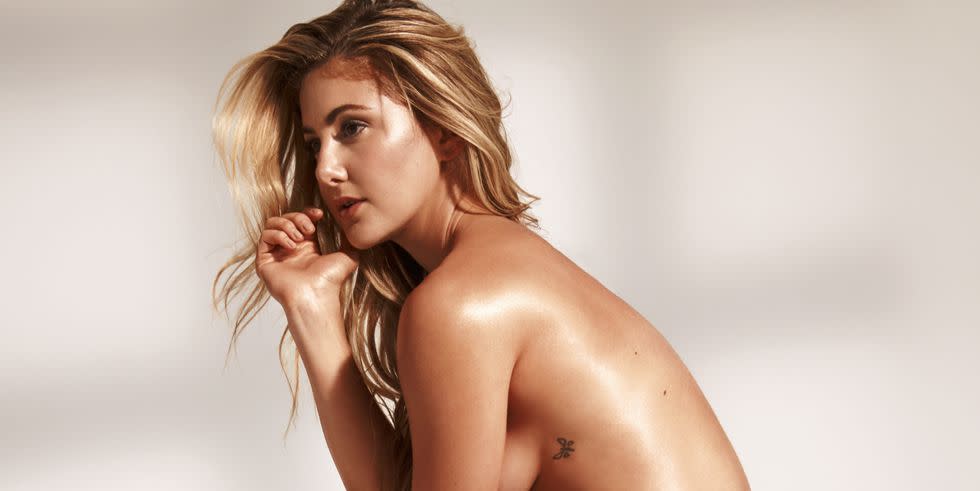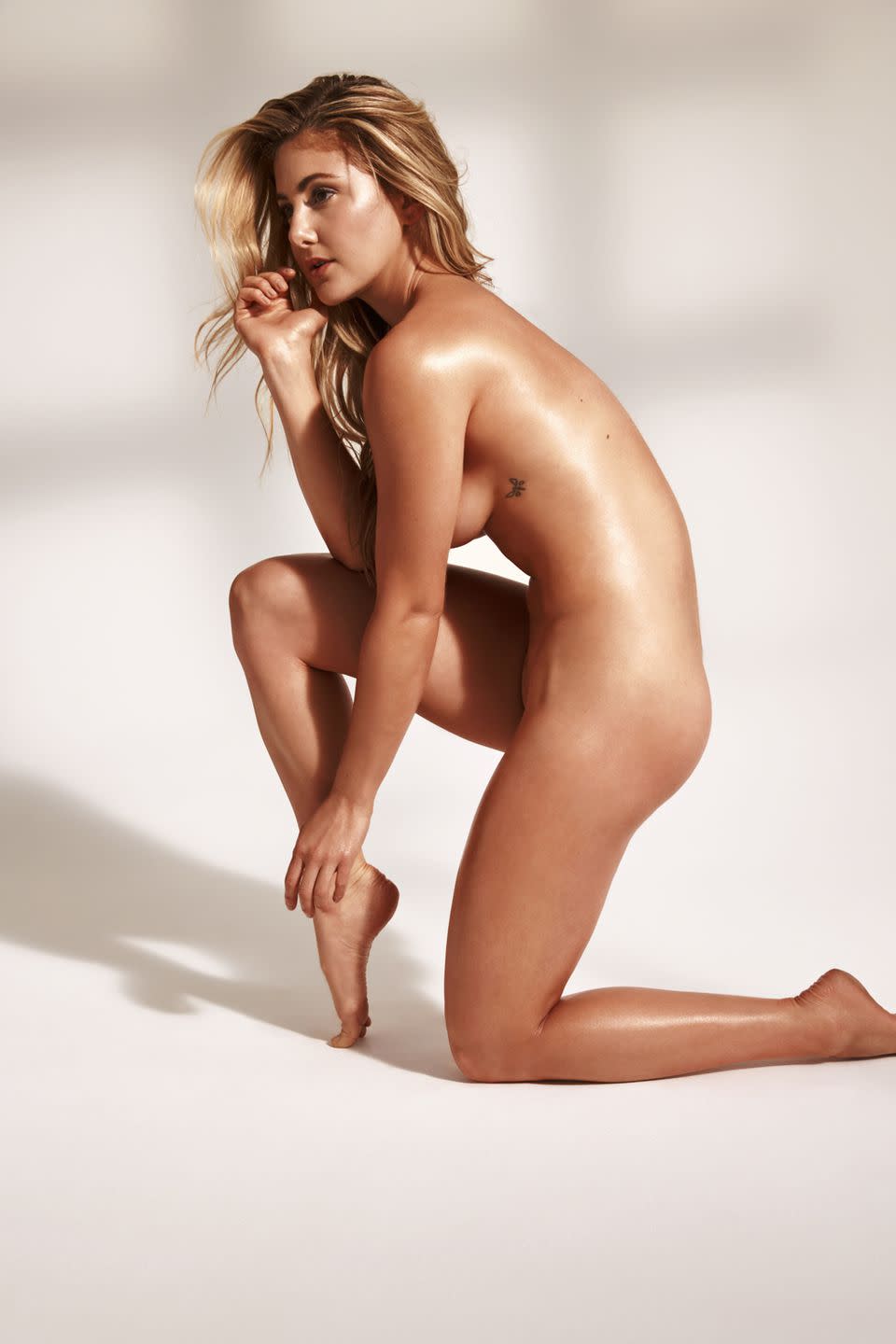Trainer Alex Silver-Fagan: 'Becoming A Trainer Taught Me To Love My Body'

As a teen growing up in New Jersey, I never understood why my friends worked out. They were worried about how they looked, but I didn’t think about my body much. It was fine, and I didn’t feel like I needed to work on it-I mean, we were still so young! But it didn’t take long for insecurities to catch up with me, too.

When I moved to New York City to attend college at New York University, my outlook changed. I was trying to get into VIP clubs. I’d see models outside who could just skip the line and walk through the door, and that seemed like the type of status I wanted to have. I suddenly felt like I had to look like that. I wasn’t super-skinny or athletic, but I decided I needed to be.
A post shared by Alex Silver-Fagan (@alexsilverfagan) on Jun 14, 2018 at 7:18am PDT
I basically stopped eating and replaced food, and the real energy that comes along with it, with partying and drugs and booze. I thought I needed to be a size double zero and so I got down to 90 pounds. Still, I didn’t feel like I had an eating disorder because I wasn’t dysmorphic-I felt like I had a handle on what I was doing and what my body looked like.

It got to a point where family members became concerned. So I needed to make a change. But, instead of dealing with my body issues, I just channeled my obsession into something else that I thought was healthier: bikini competitions. I started lifting weights and focusing on body building, motivated by fitspo-the bad, triggering kind.
The reality is that the way I approached prepping for bikini competitions was still extremely unhealthy. Everything I did was about how it would make me look, not what was good for me physically or mentally. I was weighing my food, counting every macro, still not eating enough, and trying to get extremely lean while pushing my body to its limits in the gym.
(Want to see how other Women's Health readers answered? Check out the results of our annual Naked survey here.)
I was hungry for two years of my life. I didn’t have friends; I didn’t do anything. The only energy I had was spent at the gym, and I was miserable. I wasn’t building my body up, I was just completely tearing it down. And the whole time I thought I was living a “wellness lifestyle.”
Eventually, I just got burnt out. I stopped competing and started studying to be a trainer. I was exposed to healthier forms of exercise and functional movement, as well as the group fitness industry in NYC. All of a sudden, it clicked. My body could do amazing things, not just look good. This new way of thinking was wild for me.
If I worked out, ate right, and cared for my body, it could achieve amazing feats. I could run a 6:30 mile! Lift 225 pounds off the ground! Do pull-ups and handstands and backbends and jump on a 36-inch box!
You don’t realize how special those accomplishments are until you do them. I was finally working out to meet those goals, and not just because I wanted my body to look a certain way. That was when I started truly loving my body. But remember, your performance goals could (and should be) totally different from mine. The point is simply that fitness and exercise should be about building up our bodies, not about tearing them down.
A post shared by Alex Silver-Fagan (@alexsilverfagan) on Jul 5, 2018 at 9:22am PDT
Changing up my fitness routine made me realize I needed to fix my relationship with food, myself, as well as the people around me. I’m still not there yet, but I’m on the right path. I sometimes get upset when I eat too much cacio e pepe on vacation. I sometimes wake up in the morning and check if I still have abs. I sometimes think I need to exercise two-plus hours a day in order to stay lean. But now I make a conscious effort to recognize those unhealthy habits and move on with my day instead of dwelling in regret.
The way I look at exercise now is so much healthier than before. I listen to my body, and I trust it. When I’m working out, I close my eyes and think about how good it feels. Remember, you only have one life and one body so you might as well treat them right.
This essay is based on an interview conducted by Kristin Canning.
Alex Silver-Fagan is an athlete, certified personal trainer, and a Nike master trainer. For more inspiration from Alex, pick up a copy of the September issue of Women's Health on newsstands now.
('You Might Also Like',)

